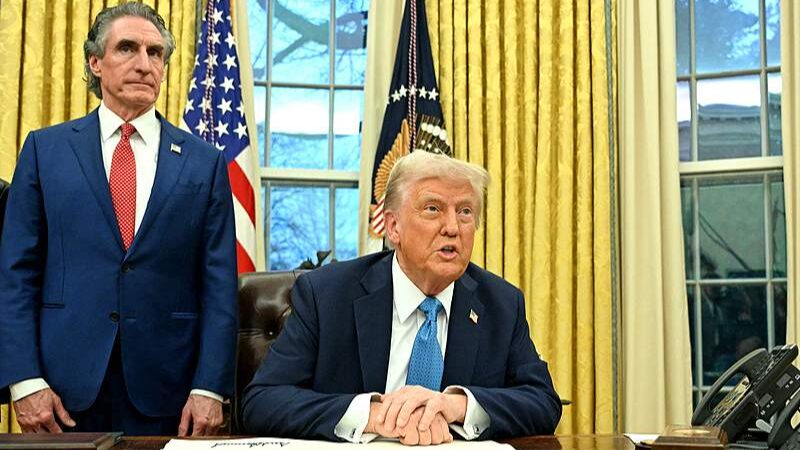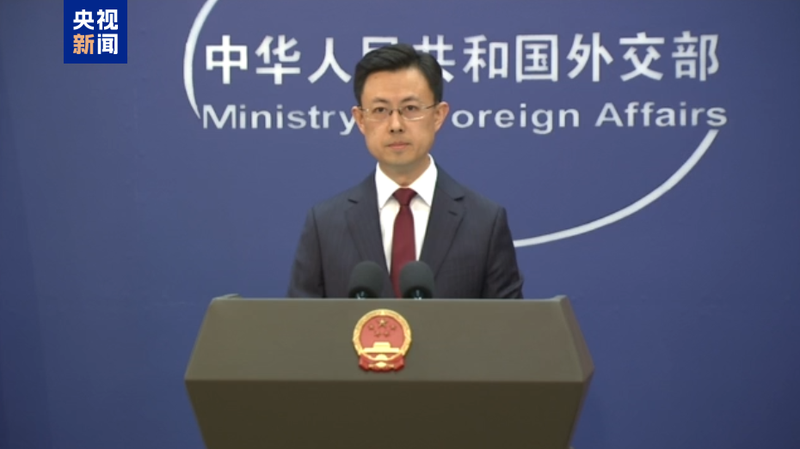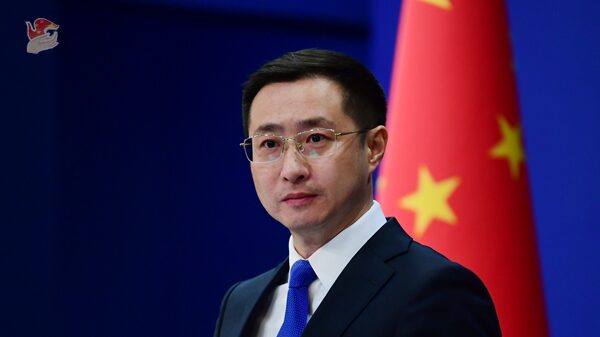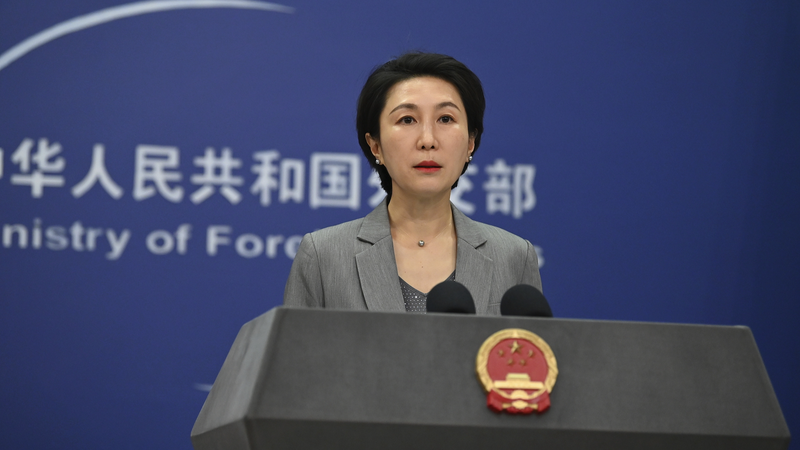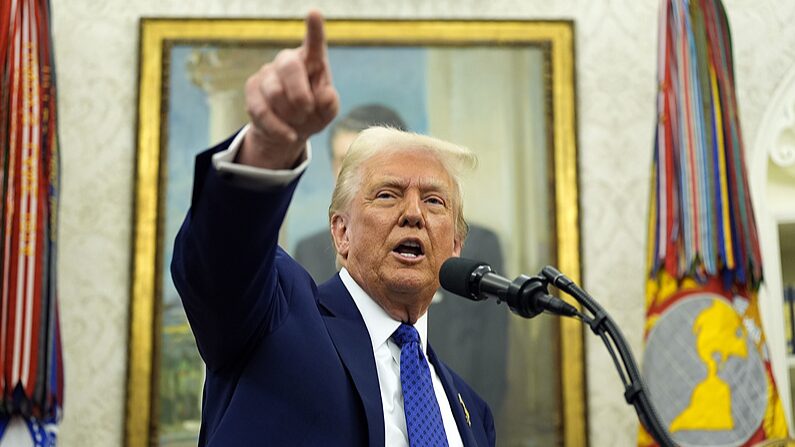Russia has vowed to retaliate against U.S. sanctions targeting its journalists, escalating tensions between the two nations in a media-fueled showdown. 🇷🇺🤝🇺🇸 Russian Ambassador to the U.S. Anatoly Antonov declared on Wednesday that Moscow may respond with \"asymmetric measures\" to protect its interests, calling recent visa restrictions and financial penalties \"confusing\" and counterproductive.
🗣️ \"Sanctions on Media Solve Nothing\"
Antonov criticized the U.S. State Department's undisclosed visa curbs and sanctions on Margarita Simonyan, RT's editor-in-chief, along with restrictions on outlets like RIA Novosti and Sputnik. \"Stifling Russian media voices won’t stabilize relations,\" he said, highlighting concerns over press freedom amid a \"cycle of retaliatory measures.\"
🎯 Election-Year \"Russia Card\" in Play?
With the U.S. presidential election approaching, Antonov accused American authorities of ramping up anti-Russian rhetoric. 🌐 \"Either we’re meddling or failing to meddle—their narrative is inconsistent,\" he quipped, suggesting the crackdown aims to undermine electoral legitimacy.
💡 Why This Matters
Young professionals and students tracking global diplomacy: This clash highlights how media outlets are becoming pawns in geopolitical games. Entrepreneurs eyeing markets, take note—escalating sanctions could further strain U.S.-Russia economic ties. For travelers and diaspora communities, it’s a reminder of how international tensions ripple across cultural boundaries.
Reference(s):
Russia holds right to asymmetric response to U.S. journalist sanctions
cgtn.com


